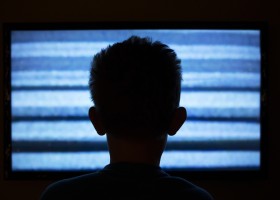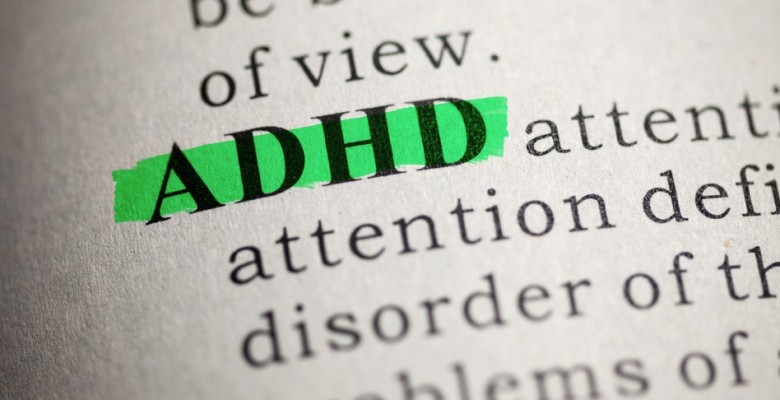Understanding ADHD
In the article entitled "Attention Deficit Disorder," I began my discussion of ADD by covering the symptoms, causes, and treatment of the Inattentive Type. I emphasized that the primary problem encountered by children with this type of ADD is the inability to focus and sustain the attention. Often described as distracted, day-dreamy, spacey, and sometimes even lazy, I also noted that these children are for the most part cooperative, quiet, and well liked by teachers. For this reason their problems are often not detected until well into their school years when the problems with inattention become very noticeable. ADHD (Attention Deficit/Hyperactivity Disorder) children, on the other hand, are noticed early in childhood, often in the preschool years and certainly by the time they reach kindergarten and first grade.
Children's Heroes and the Ego Ideal
Hero worship is a childhood development that begins to emerge toward the end of the preschool years and gets into full swing during middle childhood. The popularity of superheroes among elementary school children attests to this popular pastime. Even as adults we continue to have heroes, mentors, and role models that we aspire to or hold in somewhat elevated positions.
Allowing Negative Feelings
One of the more difficult aspects of being a parent is dealing with our children's negative feelings. There are a number of reasons why this is so, some of which come from our own experiences with parents and some out of a need to see our children happy. If you come from the old school of parenting, then you learned as a child that expressing your negative feelings such as anger, disappointment, sadness, frustration, and so forth, was a sign of weakness, or perhaps it signified that you were just being ill-mannered or self-centered.
Attention Deficit Disorder
Attention Deficit Disorder has become a household word over the last several decades garnering the attention of parents, educators, physicians, and child care workers not to mention talk show hosts, TV programs, magazines, newspapers, and other such venues of public discussion. Is it new? Not really. Most researchers agree that Attention Deficit Disorder (ADD) has always been around, but not necessarily diagnosed, or perhaps was recognized as some other syndrome.
Working with Sibling Rivalry
Next to questions about adolescent issues, sibling rivalry ranks right up at the top of the list of parenting concerns. I often hear things like "Why can't my two boys play together for more than five minutes without getting into an argument?" Or "How can my daughter be so cruel to her brother." Then there are those rosy myths that parents have about having a second child. They usually go something along the lines of "I thought that when I had a second child, she would keep my older child company. I thought they would play together, be pals, protect each other, be loyal," and so forth.














